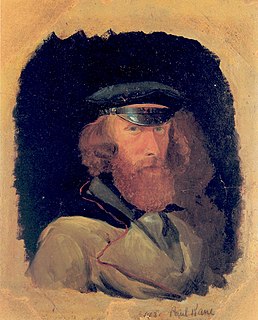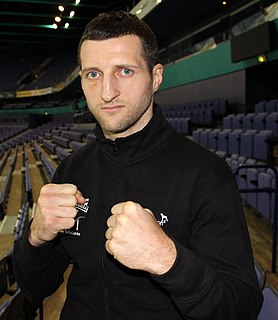A Quote by Kate Morton
All true readers have a book, a moment when real life is never going to be able to compete with fiction again.
Related Quotes
That is as true for fiction or non-fiction. The writer has to really know their subject. It is really important to remember that the readers are a lot smarter than the writer. Also, good writing has to do with rewriting. You will never get it right the first time. So you rewrite and rewrite again until you get it right. Until you, and the reader, will be able to visualize what you're writing about.
I dislike that premise implies that a fiction writer is incapable of dreaming up stories that can bring readers to tears, that if you are lucky enough to be living a pretty sedate life ,as I am, you've got nothing worthy of writing about, that you're incapable of making a reader's gut wrench.Frankly, that's what makes readers nervous, the sorcery of you or me or any good fiction writer making up characters who feel like real people, of telling a story that feels true but isn't.
Book readers are special people, and they will always turn to books as the ultimate pleasure. Those who do not read are the unfortunate ones. There's nothing wrong with them; but they are missing out on one of life's compensations and rewards. A great book is a friend that never lets you down. You can return to it again and again and the joy first derived from it will still be there.
The desire to be liked is acceptable in real life but very problematic in fiction. Pleasantness is the enemy of good fiction. I try to write on the premise that no one is going to read my work. Because there's this terrible impulse to grovel before the reader, to make them like you, to write with the reader in mind in that way. It prevents you doing work that is ugly or upsetting or difficult. The temptation is to not be true to what you want to write and to be considerate or amusing instead. I'm always trying to fight against the impulse to make my readers like me.
Without the book business it would be difficult or impossible for true books to find their true readers and without that solitary (and potentially subversive) alone with a book the whole razzmatazz of prizes, banquets, television spectaculars, bestseller lists, even literature courses, editors and authors, are all worthless. Unless a book finds lovers among those solitary readers, it will not live . . . or live for long.
There will never again be a day exactly like today. There will never again be a moment exactly like this moment. After my next birthday, I will never again be the age I am right now. After midnight tonight, today will be part of history. Someday I'll be dying and I'll wish I'd done all the things I want to do now. Someday I'll be dead and I won't be able to do anything. But today, right now, I'm alive. And yet I'm writing nonsense on the back of my literature book. But I'm alive. And yet I'm just sitting here. But I'm alive.
I've made movies that were adaptations and I've been kind of frustrated by the process because, you know that old axiom, 'It's never as good as the book'? It's often true because nothing competes with your own imagination. When you're reading a book and you imagine something in your head, nothing's going to compete with that.
A reader is entitled to believe what he or she believes is consonant with the facts of the book. It is not unusual that readers take away something that is spiritually at variance from what I myself experienced. That's not to say readers make up the book they want. We all have to agree on the facts. But readers bring their histories and all sets of longings. A book will pluck the strings of those longings differently among different readers.



































